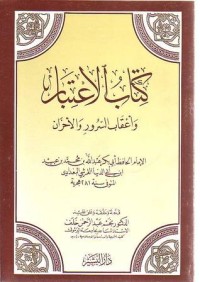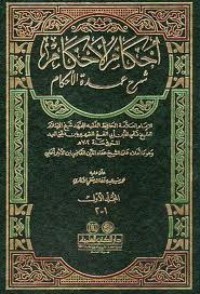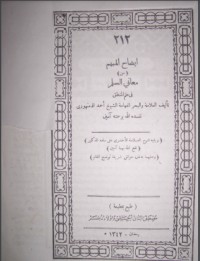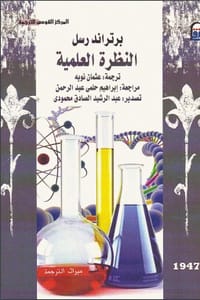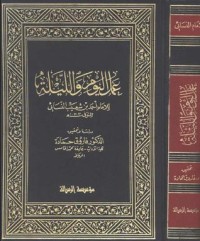
Avicenna on the Science of the Soul: A Synopsis (Fil Ilm Al-Nafs)
تأليف : Avicenna
النوعية : الفكر والثقافة العامة
Avicenna on the Science of the Soul: A Synopsis (Fil Ilm Al-Nafs) by Avicenna Avicenna writes this short synopsis on the soul as a gift for a Prince. Written around the year 1000 C.E., Avicenna Describes the soul as an immaterial substance that is known through its powers. According to him, it is the human rational soul that survives the body after death and is eternal.
Avicenna on the Science of the Soul: A Synopsis (Fil Ilm Al-Nafs) by Avicenna Avicenna writes this short synopsis on the soul as a gift for a Prince. Written around the year 1000 C.E., Avicenna Describes the soul as an immaterial substance that is known through its powers. According to him, it is the human rational soul that survives the body after death and is eternal.




